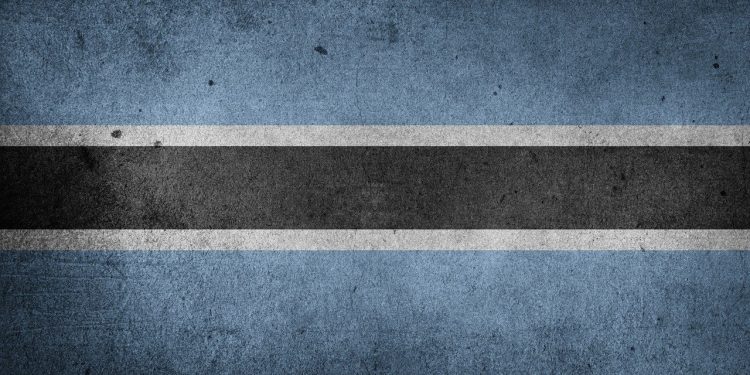Botswana has declared a public health emergency in response to a critical shortage of essential medicines and medical equipment. In a televised address on Monday, President Duma Boko announced a multi-million-dollar plan to rectify the troubled supply chain, a strategy that will involve direct oversight from the military.
The president, a Harvard-trained lawyer who came to power after a historic landslide victory last year, acknowledged that managing these shortages would be “highly price sensitive due to our limited coffers,” signaling the financial strain on the nation. The ongoing public health crisis underscores a deepening economic challenge for the country.

Economy Hit by Diamond Downturn and US Aid Cuts
The public health emergency is a direct consequence of a downturn in the international diamond market, which has put immense pressure on Botswana’s economy. As one of the world’s leading diamond producers, the nation’s financial stability is closely tied to the market’s performance.
This strain has been further exacerbated by recent US aid cuts, which previously funded a third of Botswana’s HIV response, according to UNAIDS. The combination of these factors has contributed to high levels of unemployment and poverty, leaving the healthcare system with significant challenges. The health ministry had already disclosed debts of more than 1 billion pula (£55.2m), primarily due to private hospital admissions for services not available in the public system, before the president’s address.
Military Oversight and Emergency Funding in Botswana’s Health Crisis
To combat the crisis, President Duma Boko announced that the finance ministry has approved 250 million pula (£13.8m, $18.3m) in emergency funding. He vowed to work “nonstop until the entire value chain of procurement has been fixed.”
The shortages listed by Health Minister Dr. Stephen Modise are extensive, affecting crucial supplies for managing cancers, HIV treatments, and tuberculosis, among other conditions. The ministry has also had to temporarily suspend referrals for non-urgent medical procedures, including organ transplant surgeries.
To ensure rapid distribution, the first trucks under military oversight were dispatched from the capital, Gaborone, to remote areas.
The situation has prompted international concern, with the UN children’s agency (Unicef) calling for “urgent action” to protect the health of children, noting that “malnutrition is a daily struggle” in towns like D’Kar. Dr. Modise, however, remains optimistic, stating, “I have no doubt that soon, very soon, we will overcome. This is definitely not insurmountable.”

















